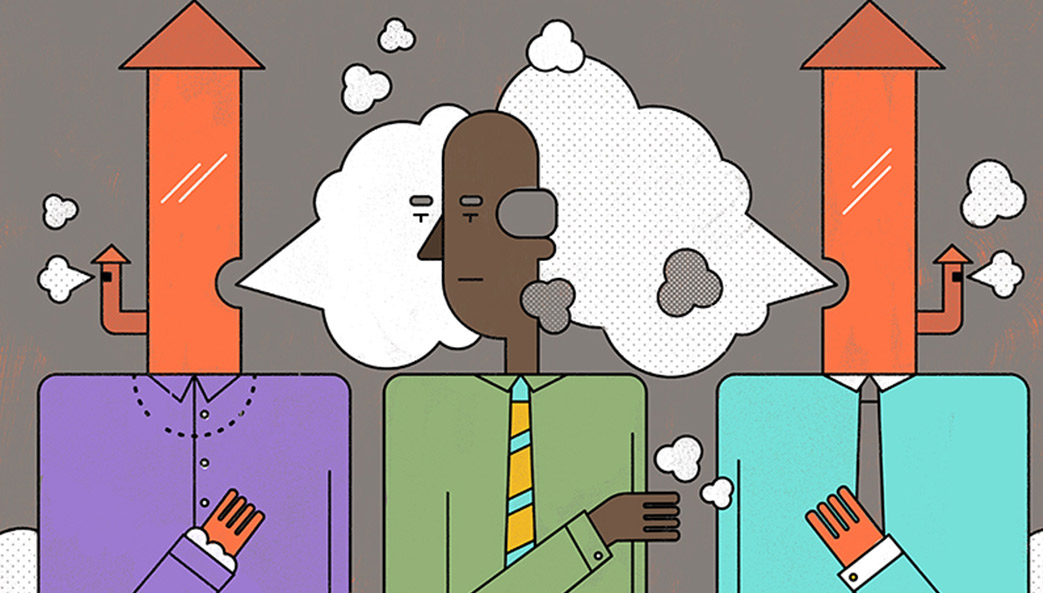Workplace sexual harassment policies and training can reduce harassment, increase reporting and alter perceptions of acceptable behavior, according to UGA researcher Justine Tinkler. But her research also shows that these well-intentioned practices can have unintended consequences, including reinforcing traditional gender stereotypes and negative attitudes about women.
“The whole idea of trying to force a change in the way men and women interact with each other challenges the way that we think about what it means to be a man and what it means to be a woman, so we can get resistance to that message in complicated ways,” says Tinkler, an associate professor of sociology in the Franklin College of Arts and Sciences.
Last year, Tinkler served as an expert adviser during the National Academy of Sciences Workshop on Sexual Harassment, a public workshop supplementing a study conducted by the National Academies on how sexual harassment influences the career advancement of women, especially in academia and science. Tinkler shared more than a decade’s worth of research analyzing the effects of anti-harassment policy training.
“What distinguishes my work from others is that I’ve looked at how sexual harassment policy training affects people’s beliefs about men and women,” she says.
Her first study, published in 2008, analyzed survey data from federal employees and found that workplace training increased the tendency to define sexual harassment more broadly—but not for those who were most threatened by the policies. This finding prompted Tinkler to take a closer look at how the information typically transmitted during training influenced attitudes and behaviors.
A key finding from the experiments was that policy training activates gender stereotypes and backlash against women, and this effect is strongest among men committed to traditional gender norms. The experiments also revealed that policy training could disempower women by emphasizing their vulnerability.
Study participants’ attitudes toward the training also changed based on the gender of the trainer. Unconscious gender bias increased when male subjects watched a training narrated by a female.
According to Tinkler, even though workplace training on sexual harassment policy is not the most effective way that organizations can reduce inequality, it has gained popularity because it is an inexpensive way to satisfy legal requirements. Despite the imperfections, Tinkler does not advocate abandoning it.
“I don’t think we shouldn’t have training just because it exacerbates gender stereotypes,” she says. “But the training needs to be better, and it needs to address these unintended consequences.”
While policy training alone won’t solve the problem of sexual harassment, Tinkler says good policies not only protect both men and women from becoming victims of harassment, but also protect all employees from the dysfunctional work environments that develop when sexual harassment is not swiftly addressed.
“If we really want to reduce sexual harassment and make the workplace more gender equitable, we need to do things to challenge the gender stereotypes and beliefs that get reinforced in all of our workplace interactions.”
This story appeared in the spring 2018 issue of Research Magazine. The original press release is available at https://news.uga.edu/reducing-sexual-harassment-work-complicated-researcher-advises/.






